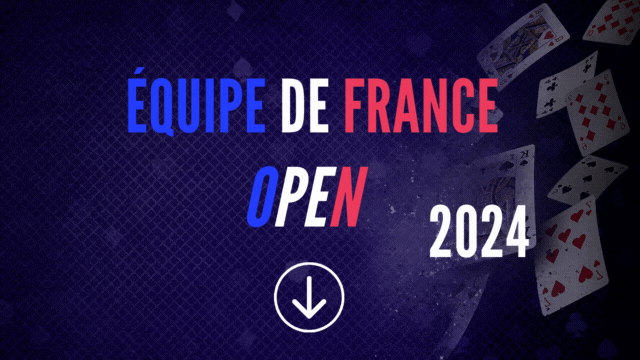Deadly violence has erupted in New Caledonia, a French overseas territory in the South Pacific, after lawmakers in Paris approved a constitutional amendment to allow recent arrivals to the territory to vote in provincial elections.
The amendment, which some local leaders fear will dilute the vote of the Indigenous Kanak people, is the latest flashpoint in a decades-long tussle over France’s role in the island.
At least three people have died in the protests, which prompted authorities to shut the international airport and schools and impose a curfew in the capital, Nouméa, where businesses and vehicles were set alight.
Where is New Caledonia?
Located in the warm waters of the south-west Pacific, 930 miles (1,500km) east of Australia, New Caledonia is home to 270,000 people, 41% of whom are Melanesian Kanaks and 24% of European origin, mostly French.
The archipelago was named by the British explorer Capt James Cook in 1774. It was annexed by France in 1853 and was used as a penal colony until shortly before the turn of the 20th century.
Why does it matter?
New Caledonia, one of five island territories spanning the Indo-Pacific held by France, is central to Emmanuel Macron’s plan to increase French influence in the Pacific.
The world’s No 3 nickel producer, New Caledonia lies at the heart of a geopolitically complex maritime region, where China and the US are jostling for power and influence in security and trade. Without naming China, the French president has previously said France’s drive to expand its influence in the Pacific was to ensure a “rules-based development”.
What is its history with France?
After France’s colonisation in the 19th century, New Caledonia officially became a French overseas territory in 1946. Starting in the 1970s, after a nickel boom that drew outsiders, tensions rose on the island, with various conflicts between Paris and Kanak independence movements.
A 1998 Nouméa accord helped end the conflict by outlining a path to gradual autonomy and restricting voting to the Kanak and migrants living in New Caledonia before 1998. The accord allowed for three referendums to determine the future of the country. In all three, independence was rejected.
Why have tensions exploded recently?
Under the terms of the Nouméa accord, voting in provincial elections was restricted to people who had resided in New Caledonia before 1998, and their children. The measure was aimed at giving greater representation to the Kanaks, who had become a minority population.
Paris has come to view the arrangement as undemocratic, and lawmakers approved a constitutional amendment to open up the electorate to include people who have lived in New Caledonia for at least 10 years.
Macron has said he would delay rubber-stamping it into law and invite representatives of the territory’s population to Paris for talks to reach a negotiated settlement. However, he said a new agreement must be reached by June or he would sign it into law.



